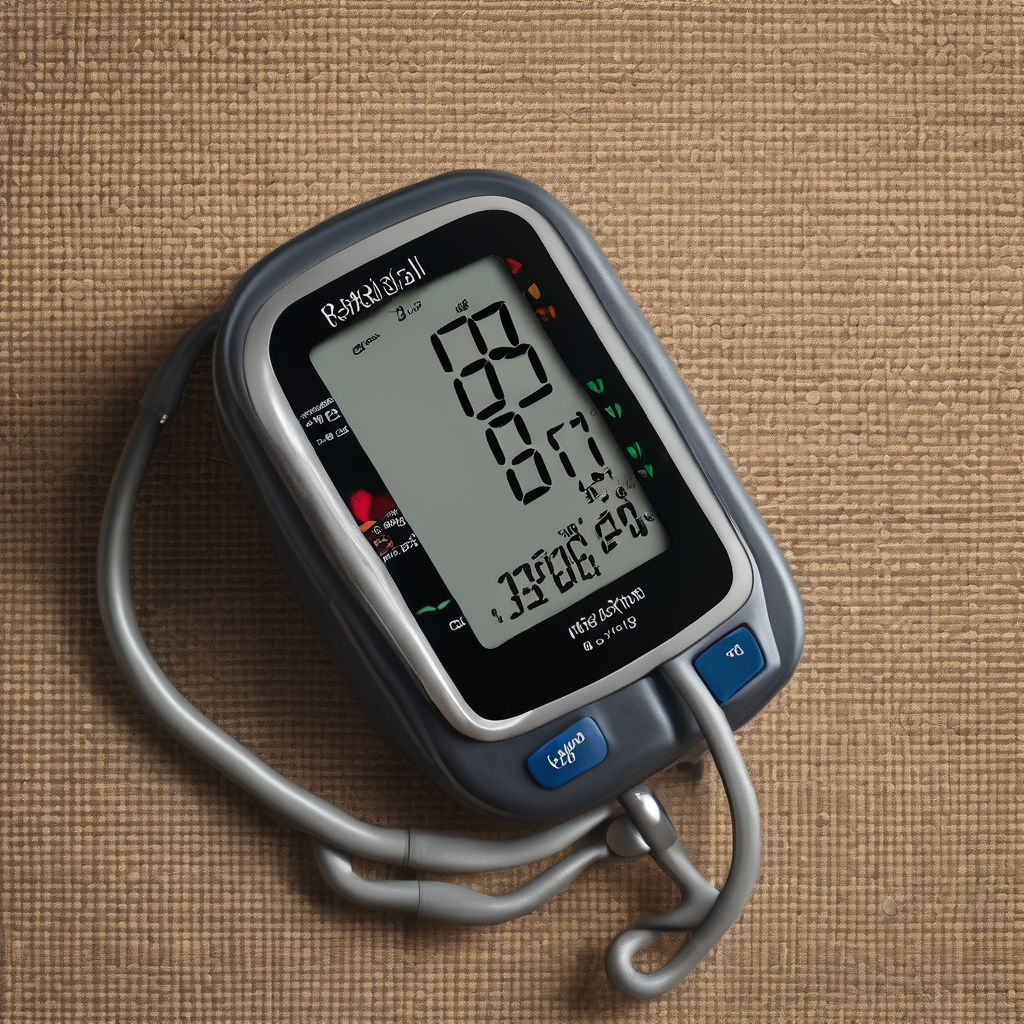Palau is facing a significant health challenge with 48 percent of its population aged between 30 and 79 suffering from high blood pressure, surpassing the global average of 34 percent by a notable 14 percentage points. Meanwhile, the Federated States of Micronesia also reports concerning figures, with 33 percent of its population affected by hypertension, nearly at par with the global average.
These statistics are part of the World Health Organization’s (WHO) newly published “Global Report on Hypertension 2025,” which highlights the widespread presence of this condition in the region. Across the Western Pacific, where 38 countries house over 2.2 billion people, more than a quarter of adults are affected by hypertension, yet only 22 percent have their condition managed effectively.
As World Heart Day passes, WHO stresses the importance of regular blood pressure monitoring and accessible medication, highlighting high blood pressure as a leading risk factor for premature deaths due to heart attacks, strokes, kidney failure, and dementia. Often termed a “silent killer,” hypertension shows no symptoms until severe health issues manifest.
Among the 38 countries in the Western Pacific Region, Tuvalu stands out with over half of its population affected by hypertension, indicative of the critical situation in smaller nations. Larger countries like Paraguay also report high rates, with 55 percent prevalence and the majority of cases remaining uncontrolled.
Globally, while 1.4 billion people lived with hypertension in 2024, fewer than one in five had their condition adequately managed. As articulated by Dr. Saia Ma’u Piukala, WHO’s regional director for the Western Pacific, high blood pressure claims over 1,000 lives every hour due to strokes and heart attacks, many of which could be prevented.
To combat the situation, WHO recommends integrating hypertension control measures into primary health care, improving access to medication, and utilizing digital tools for health monitoring. Encouragingly, Korea has achieved a 59 percent control rate, setting an example for what is achievable with commitment and investment in health care.
The Western Pacific aims to have 100 million more people control their blood pressure by 2029, a target doubling current control rates. Political commitment and comprehensive health strategies will be discussed at the upcoming WHO Western Pacific Regional Committee session in Fiji.
Efforts in the Pacific region, such as in Fiji, highlight the proactive approaches needed to address these challenges. By enhancing nurse-led and community-based care, and learning from successful secondary measures like those in Australia and Finland, countries can make strides in mitigating the effects of hypertension. Celebrating World Heart Day serves as a reminder of the importance of tackling these health issues to prevent unnecessary loss of life and move toward universal health access.
